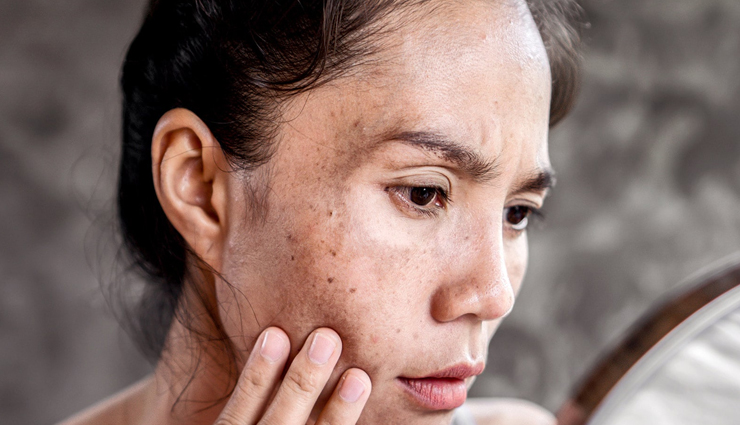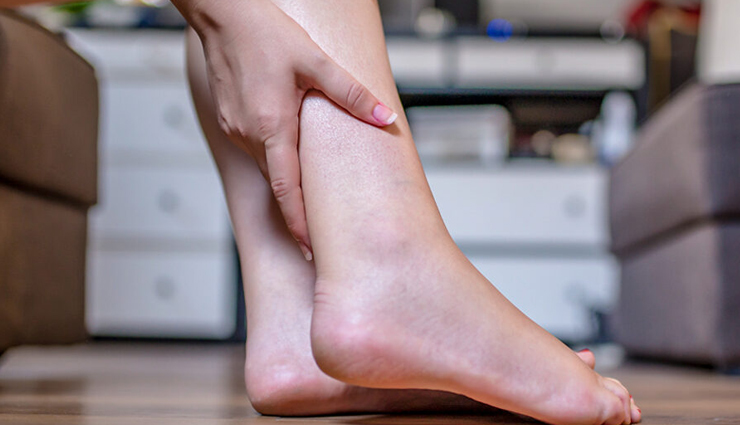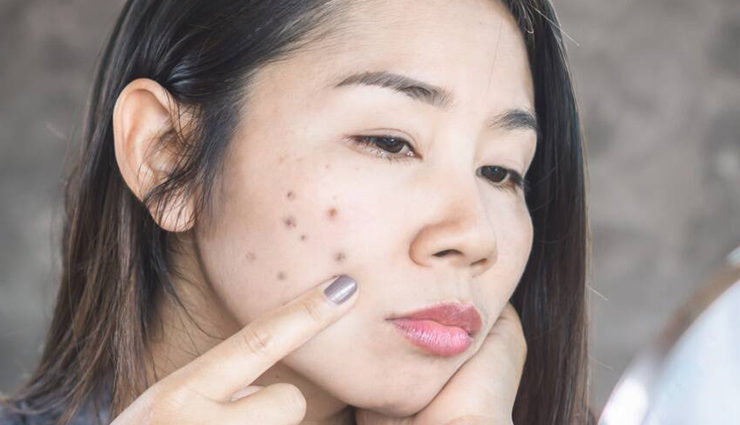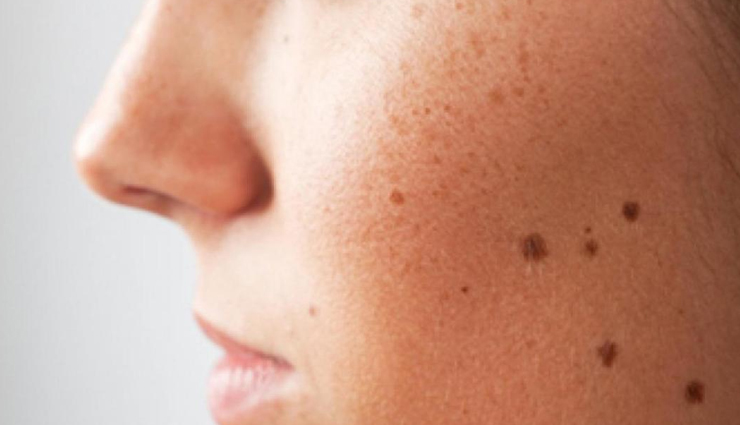5 Skin Issues That Indicate Serious Health Problems
By: Kratika Thu, 29 Sept 2022 6:14:17

Your skin is the largest organ in your body so it’s natural that it can reflect how healthy you are on the inside. If your body is in perfect working condition and you’re eating a wholesome diet, then your skin will also be glowing. Oftentimes, the first outward symptoms of something going wrong in your body is a change in the appearance of your skin. Something as seemingly harmless as a persistent rash could actually be a sign of an imbalance in your body. Here are five skin issues you might face which could actually be an indicator of serious health problems.

# Edema
An edema is a medical term for swelling on your body. A lot of times, swelling is perfectly normal and might just be due to temporary water retention or because you hit yourself somewhere. However, if you’re seeing swelling every single day, then you should get it checked out. The first sign of hypothyroidism are edemas on the body. Hypothyroidism is a condition where your thyroid gland isn’t producing enough of the thyroid hormone. It’s a chronic condition and can also affect your metabolism. So if you notice edemas coupled with unexplained weight gain, visit your doctor to rule out hypothyroidism.

# Sudden Dark Spots
Dark spots appearing on your skin all of a sudden could just be harmless age spots. But other times, they could be a clue that you’re suffering from a more serious condition. Addison’s disease can first show up as dark patches on the skin and occurs when the adrenal gland isn’t producing enough hormones. People with Addison’s suffer from dangerously low blood pressure, have trouble standing and get dizzy easily. Dark spots could also be a sign of skin cancer. Whenever unexplained dark spots show up on your skin, it’s always safest to have your dermatologist take a look at it.

# An Unexplained Rash
Rashes are very common and could result from a large number of factors. Sometimes, they might just be a case of skin irritation or a physical manifestation of allergies. But even if harmless allergies go untreated for too long, they might turn more serious. Stevens-Johnson syndrome can also cause rashes, which are usually reddish or purple colored. This is usually accompanied with flu-like symptoms such as body aches, joint pain and a high temperature. A rash could also be the first sign of chickenpox, especially if it’s very itchy. If a rash lasts for weeks with no sign of disappearing, ask your doctor to take a look at it.

# New Moles Appearing
We’re all born with moles on different parts of our body, which is perfectly normal. Moles can sometimes be genetically predetermined. If your parents had a lot of moles and birthmarks, chances are you’ll have them too. But if you notice new moles cropping up very often, it might be a cause for concern. A common reason for moles suddenly appearing on your body is too much sun exposure or a hormonal imbalance by your body. If you’re going out into the sun with no protection, then you’re putting your skin at risk for ultraviolet damage. Imbalanced hormones can disrupt normal bodily functions and can have more serious consequences later on. Sudden moles could also in some cases be a sign of skin cancer. Pay close attention to them to check if they have irregular edges. Always consult a dermatologist when you see new moles on your body to be on the safe side.

# Severe Acne
Far too many people believe that acne arises due to poor hygiene. Sure, the occasional pimple might be because you slept with your makeup on. However, in most cases of chronic acne, it’s because of deeper health issues. A hormonal imbalance could result in an acne outbreak. Hormonal acne usually appears around the chin and looks like red cysts. PCOS could also lead to acne because of the unusually high levels of testosterone in the body. Food allergies, a poor diet, faulty digestion and an overgrowth of bad bacteria are other reasons why you might be breaking out. Always treat your acne from the inside out if you want it to disappear permanently. Chemicals like benzoyl peroxide might clear it up in the long run, but won’t treat the root of the problem.





